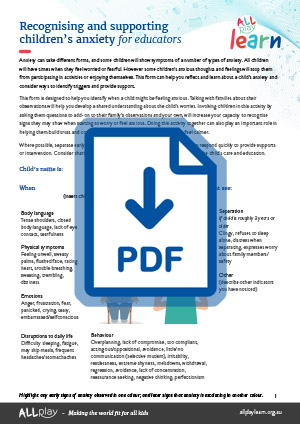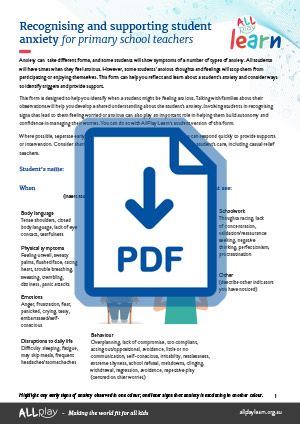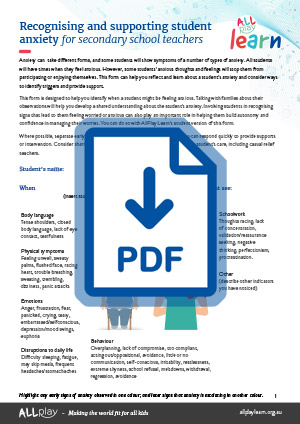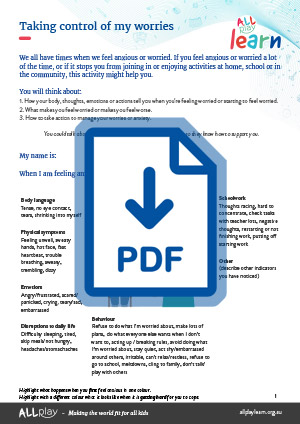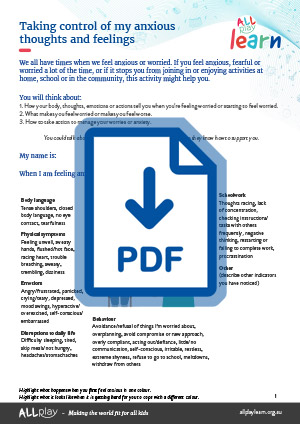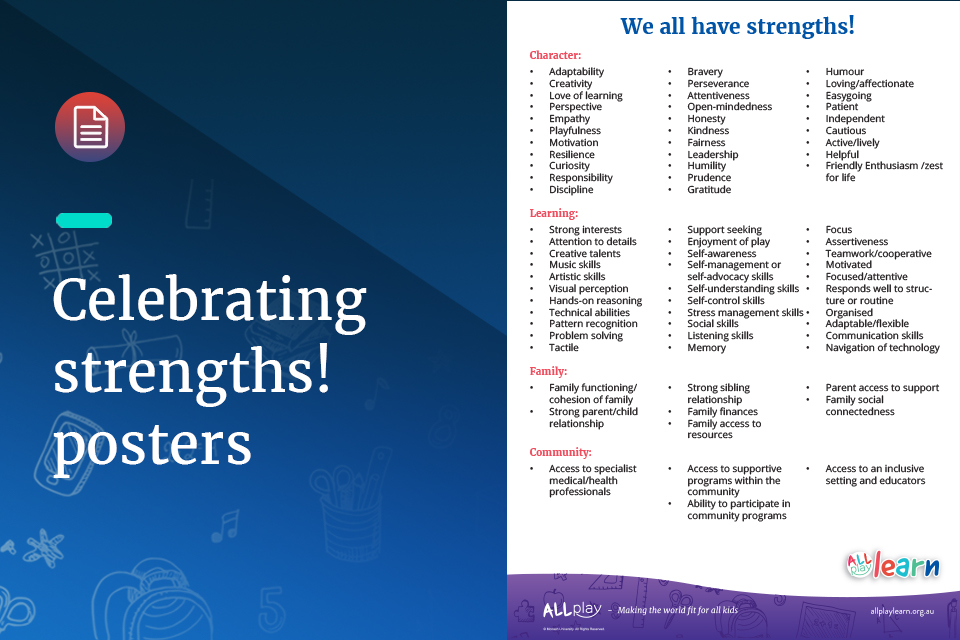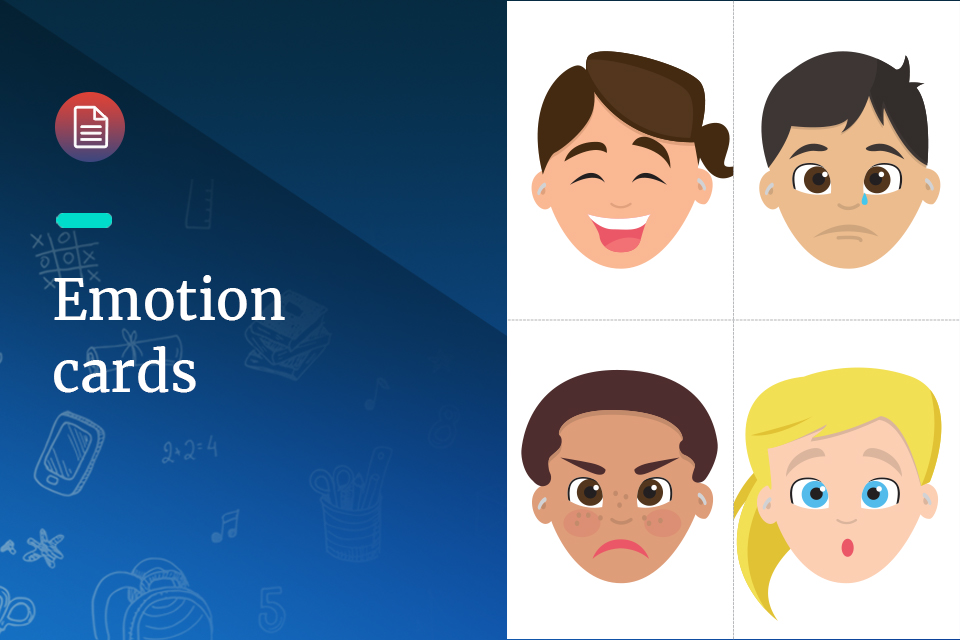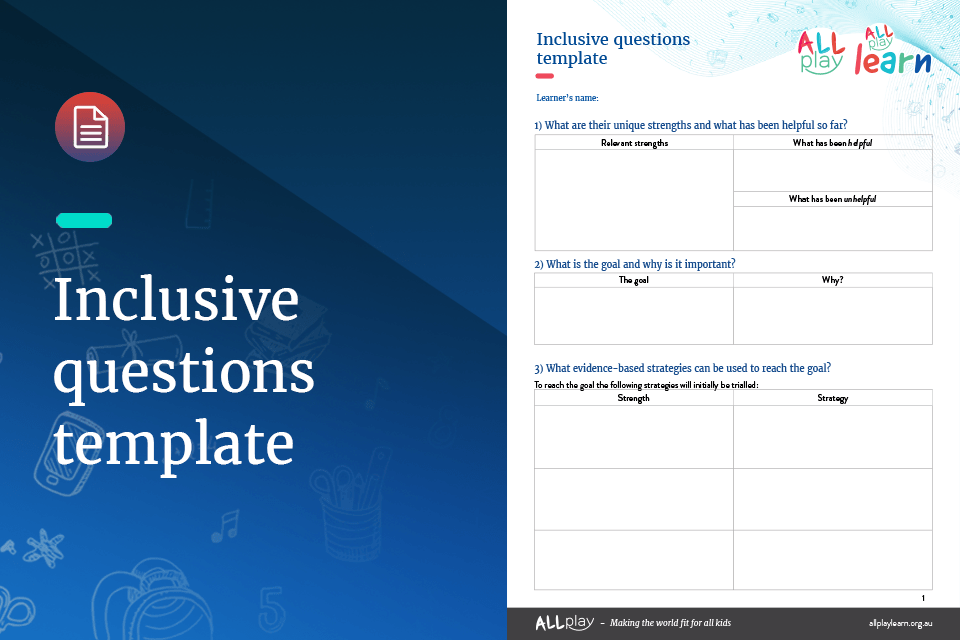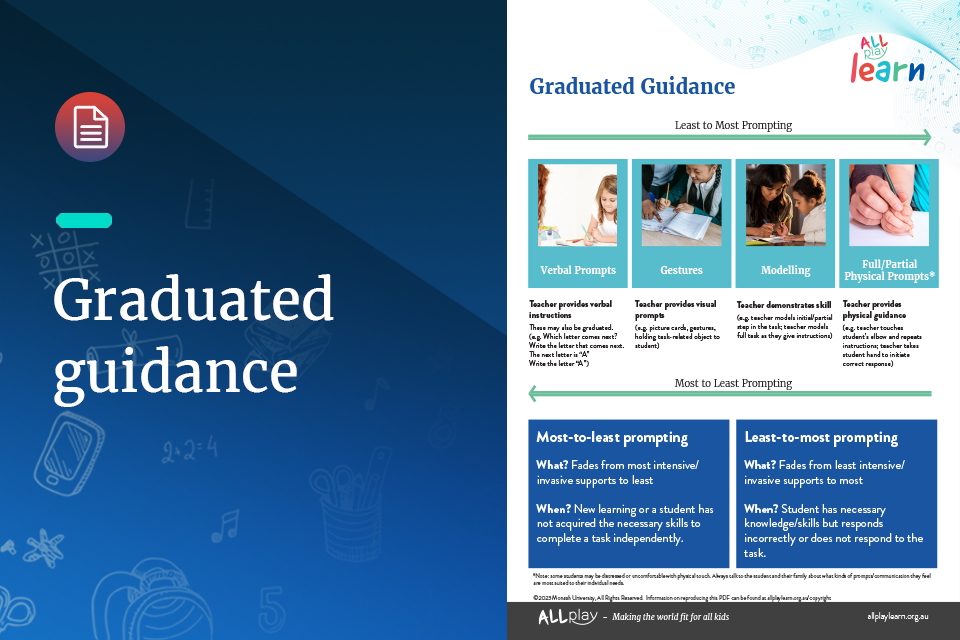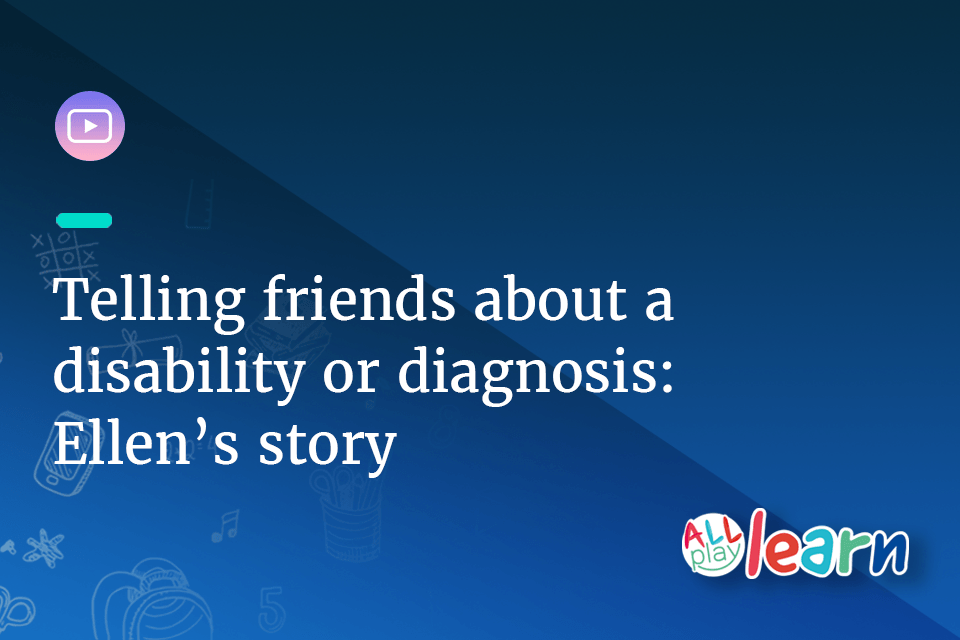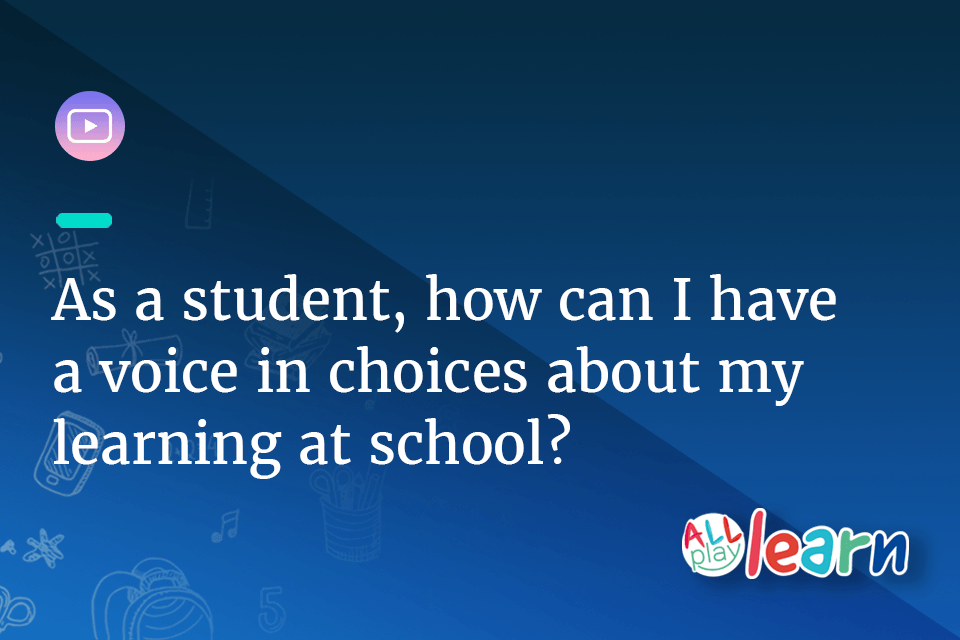Recognising and supporting
child/student anxiety
Resource toolkit
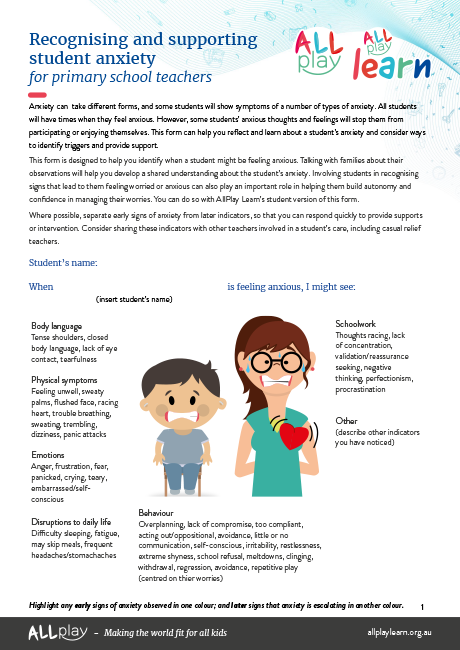
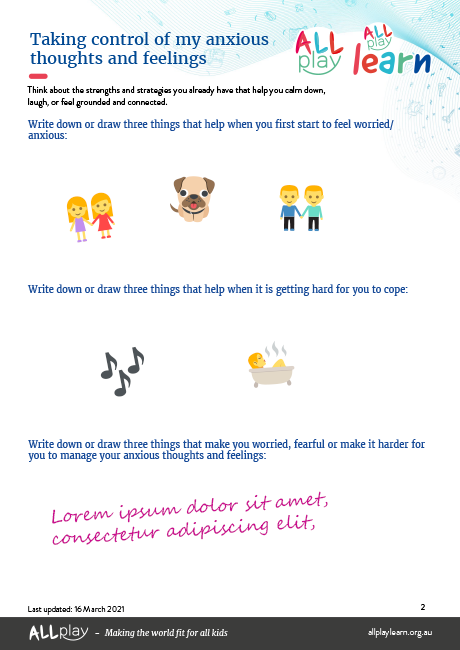

About the resource
AllPlay Learn’s Recognising and supporting student anxiety forms help teachers and students to reflect on:
- a student’s early signs that they are feeling anxious
- later signs that their anxiety is escalating
- triggers or contributors to the student’s anxiety
- strategies that may be effective at specific timepoints

For teachers and families
Talking with families about their observations will help you develop a shared and richer understanding about the child/student’s anxiety. Involving children/students in recognising and responding to signs of anxiety can increase their autonomy and confidence. These forms can be used to support collaboration and communication across staff involved in a child/student’s care, which can help create consistent supportive environments that foster a child/student’s sense of security and capability in managing their anxiety.
For school settings, some students may complete the student version of these forms independently, while others may find working with a trusted teacher, family member or health professional (e.g. their psychologist) helpful. You may also like to consider including these forms within an existing Individual Learning Plan to support the student throughout the year.

For children and students
Some secondary students may prefer a form that uses simpler and more concrete language, while others may prefer more detailed and abstract descriptions. There are two forms to choose from – one uses straightforward language to describe signs of anxiety, and the other uses more ‘abstract’ language, like “closed body language” and “procrastination”. Consider the student’s preferences and abilities when selecting a form.
This form uses simpler and more concrete language. It may be more suitable for primary aged children, and secondary students who prefer concrete language, such as some students with intellectual disability, autism, or specific learning disabilities
This form uses more detailed and abstract descriptions. It may be more suitable for secondary aged students with strong vocabulary skills, or when completed with a trusted teacher, family member or health professional who can unpack unknown terms/phrases



